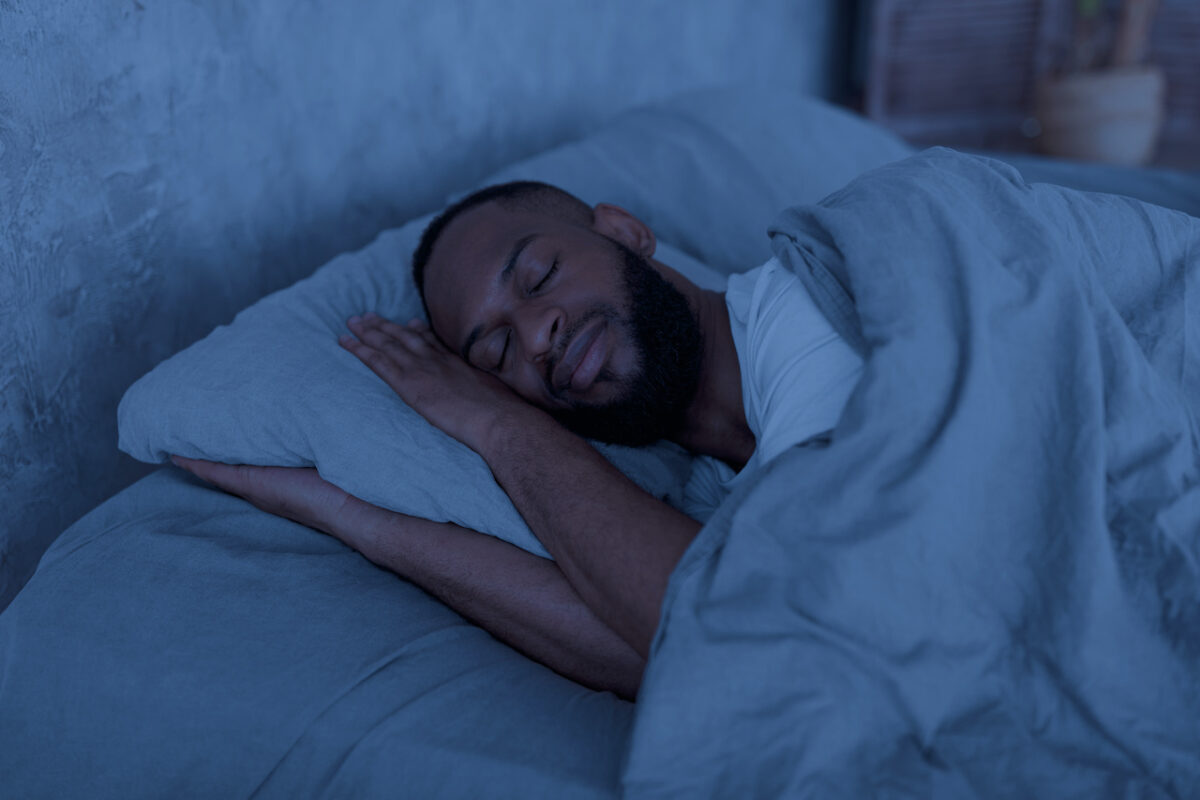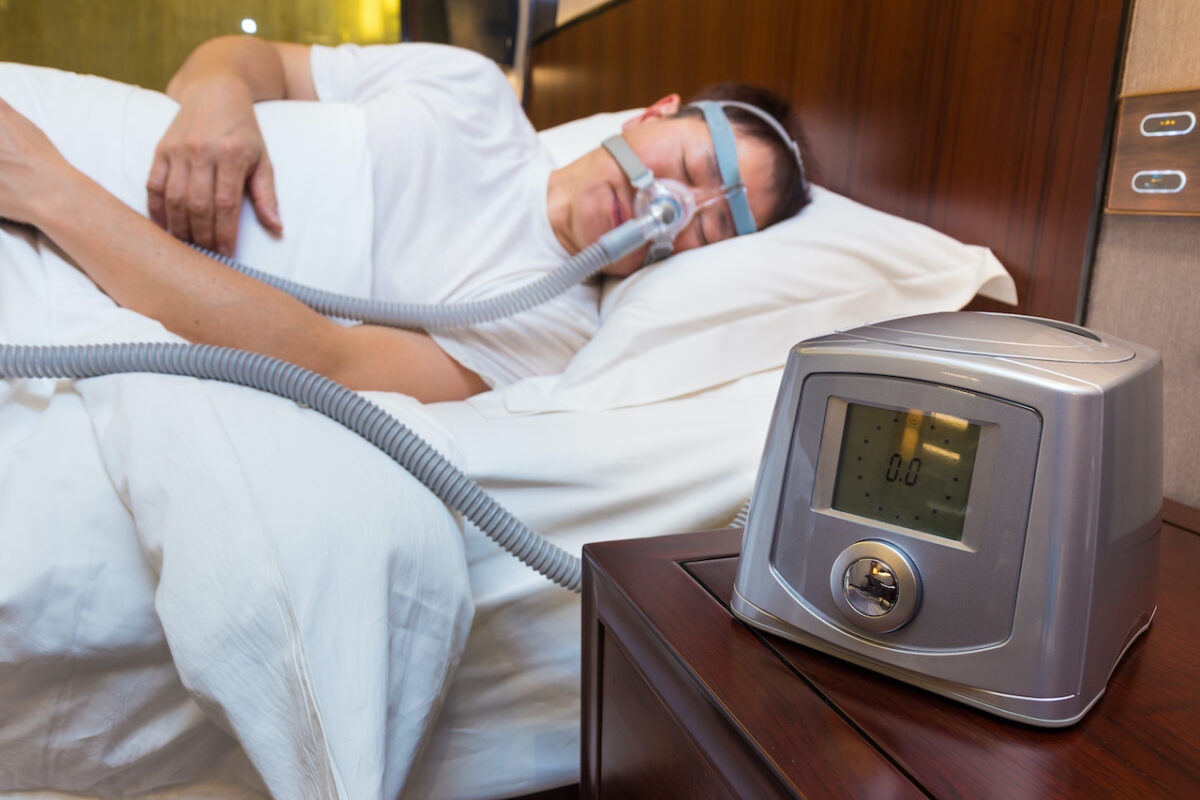What Is Sleep Apnea and The Treatment?

What is Sleep Apnea?
Sleep apnea is a sleep disorder where periods of apnea occur. Apnea is short periods (usually between 10 and 30 seconds) where people stop breathing. These periods of apnea impact the ability to get a good night’s rest, and limit the amount of REM sleep (rapid eye movement sleep), which is the stage of sleep where dreams occur).
Symptoms
- Loud snoring
- Apnea during sleep reported by another person
- Gasping for air during sleep
- Dry mouth
- Morning headache
- Insomnia (difficulty staying asleep)
- Hypersomnia (daytime sleepiness)
- Difficulty paying attention
- Irritability

Types
Obstructive sleep apnea (OSA) occurs when the tissue of the mouth and throat relax and block the airway, which leads to breathing cessation.
- Risk Factors: older age, male, increased weight, increased neck circumference, smoking.
Central sleep apnea (CSA) is when the brain does not send correct signals to muscles that control breathing, which also leads to breathing cessation.
- Risk Factors: older age, male, heart disorders, narcotic pain medications, stroke
Mixed/Complex sleep apnea (CompSA) is a mix of both OSA and CSA. The abbreviation ComSA is used to avoid confusion with the central sleep apnea abbreviation CSA.
Treatment
The first step for effective sleep apnea treatment is establishing an accurate diagnosis. If your doctor is unable to make a diagnosis based off of your symptoms, then a sleep study may be performed. A sleep study can either be performed in office or a home sleep study (HST).
Obstructive Sleep Apnea (OSA) Treatment
- Continuous positive airway pressure (CPAP)
- Bilevel positive airway pressure (BPAP)
- Oral appliances
- Surgery: tissue removal, tissue shrinkage, jaw repositioning, nerve stimulation
Central Sleep Apnea (CSA) Treatment
- Medication adjustment
- Supplemental oxygen
- Adaptive servo-ventilation (ASV)
Summary:
- Sleep Apnea: Disorder with brief breathing stoppages, affecting sleep.
- Symptoms:
- Snoring
- Gasping for air
- Dry mouth
- Morning headache
- Insomnia
- Hypersomnia
- Difficulty concentrating
- Irritability
- Types:
- Obstructive (OSA): Blocked airway, linked to age, gender, weight, smoking.
- Central (CSA): Brain fails to signal breathing muscles, linked to age, gender, heart issues, medications, stroke.
- Mixed/Complex (CompSA): Combination of OSA and CSA.
- Treatment:
- OSA:
- CPAP
- BPAP
- Oral appliances
- Surgery
- CSA:
- Medication adjustment
- Supplemental oxygen
- ASV

This article reviewed by Dr. Jim Liu, MD and Ms. Deb Dooley, APRN.
There’s nothing more important than our good health – that’s our principal capital asset.
#medical #telehealth #umedoc






